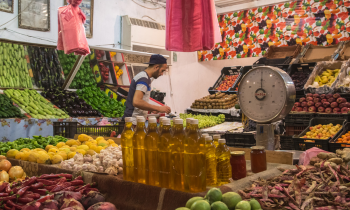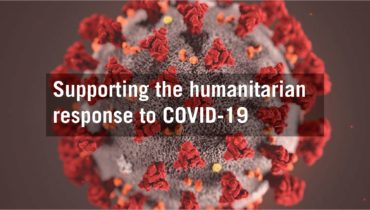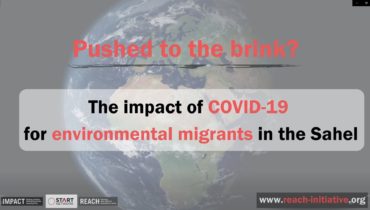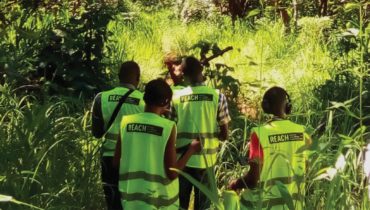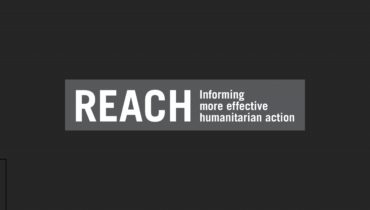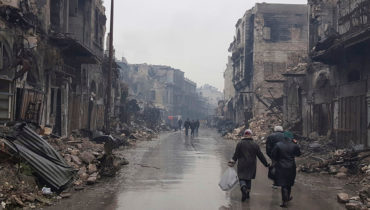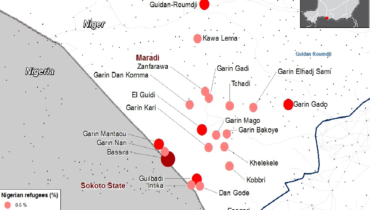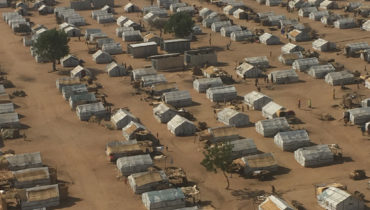Nigeria: Assessing the feasibility of cash-based aid across northeast Nigeria
24 October 2018
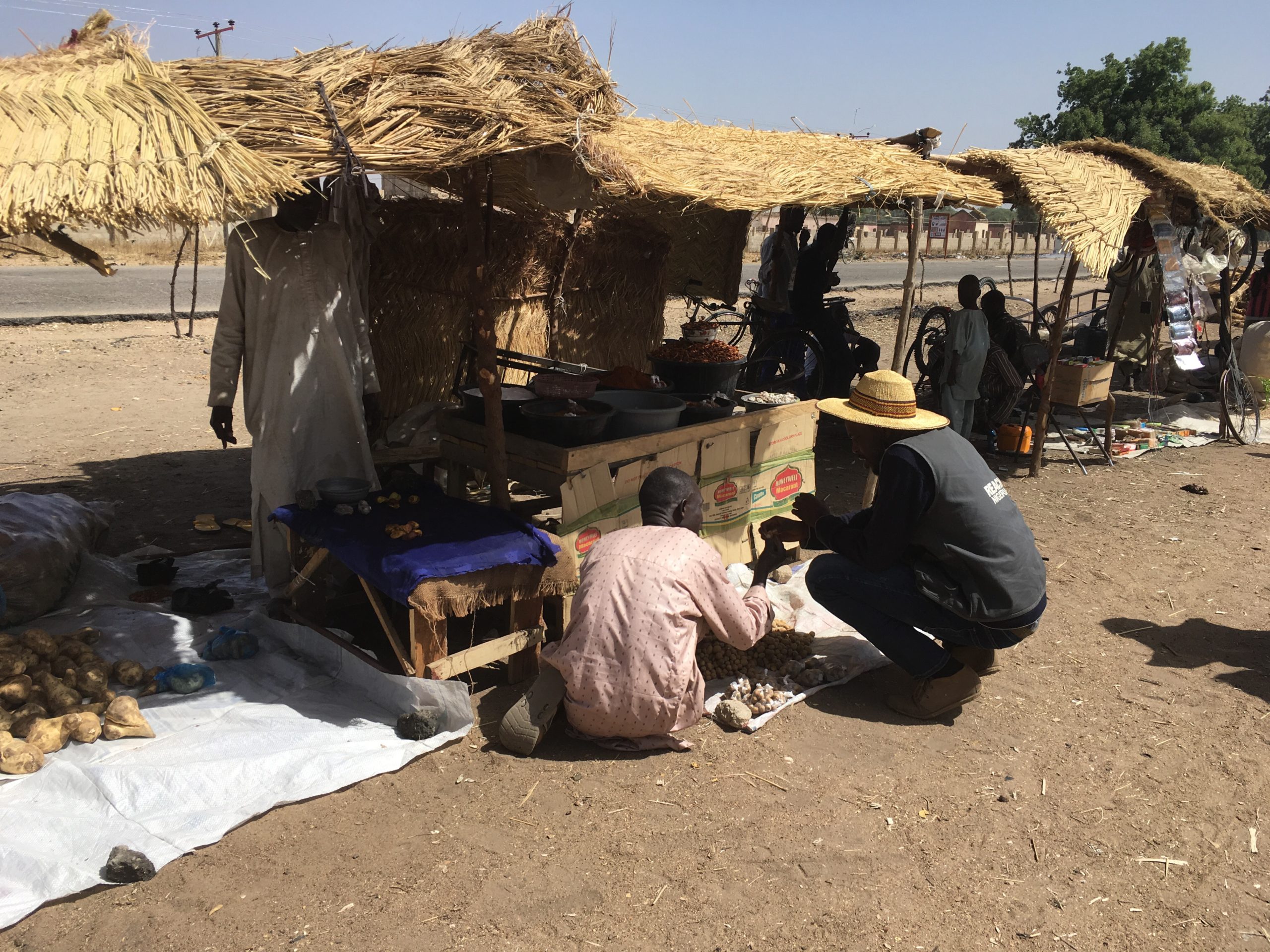
The assessment provides humanitarian actors with information about market functionality and household preferences, enabling them to make evidence-based decisions on how best to provide humanitarian assistance.
©IMPACT Initiatives/2018
Nine years of conflict in northeast Nigeria have caused widespread displacement and suffering, with the UN estimating 7.7 million people to be in need of humanitarian assistance at the start of 2018. In response to these needs, humanitarian actors have sought to provide vulnerable populations with aid through both in-kind distributions and cash-based assistance, although determining which modality to use in a given location can often be a difficult decision.
In this context, REACH supported the Nigeria Cash Working Group (CWG) in assessing the feasibility of cash-based assistance in 12 towns across northeast Nigeria, which were chosen based on CWG member organisations’ interest and capacity. During the first half of February 2018, data collection took place focusing on food items, household and hygiene non-food items, shelter repair materials, and firewood. In each location, interviews and focus group discussions with households, traditional community leaders and vendors as well as heads of traders were conducted. Following data collection, REACH worked closely with CWG member organisations to analyse data and agree upon recommendations.
The extent to which cash was feasible varied amongst locations. Cash-based aid appeared to be most feasible in Gulak and Michika in northern Adamawa State, and Askira in southern Borno State. In these places, vendors reported being able to restock from a variety of locations and generally stated that they did not face barriers to restocking or conducting business. In addition, the majority of households in these towns expressed a preference for cash-based assistance. In contrast, cash-based assistance seemed least feasible in Dikwa, Borno State, where the majority of households reported preferring in-kind aid and feeling unsafe storing or carrying cash, and vendors stated that security and access restrictions made it challenging to restock from the state capital Maiduguri. Other assessed locations fell somewhere in between, where cash-based aid modalities were somewhat feasible, but intermediate steps such as market strengthening measures, community sensitisation, and mixed modalities or restricted cash-based modalities were likely to be necessary for actors considering a transition to cash-based aid.
The assessment provides an evidence-based approach to support humanitarian actors seeking to determine the best way to provide much-needed assistance to communities, serving as an important first step that can be followed up with localised assessments tailored around planned interventions.
Please find the Joint Cash Feasibility Assessment here.


